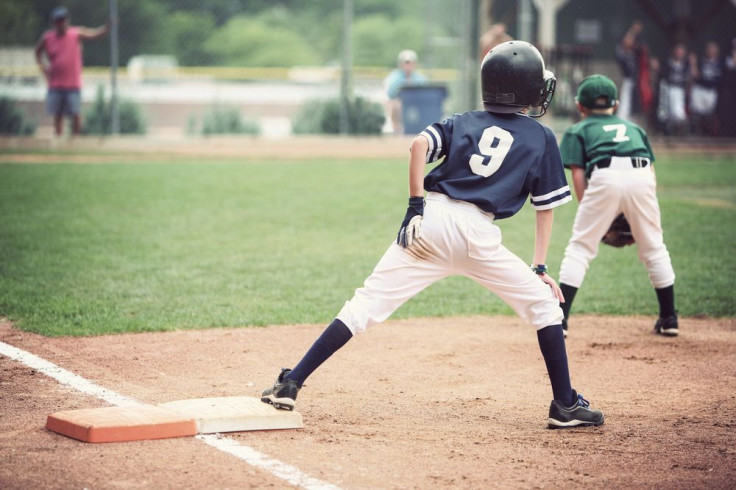Children Who Participate In Organized Sports Are Often More Disciplined In The Classroom Than Their Peers

Parents in the United States have to wrestle with a difficult decision when it comes to signing their children up for organized sports. Before ultimately making this decision, it’s best they consider the pros and cons of joining organized sports. A recent study led by Professor Linda Pagani from the University of Montreal has shown that children who participate in organized sports, or most extracurricular activities, tend to be the most disciplined when it comes to their behavior in the classroom.
"We worked with information provided by parents and teachers to compare kindergarteners' activities with their classroom engagement as they grew up," Pagani said in a statement. "By the time they reached the fourth grade, kids who played structured sports were identifiably better at following instructions and remaining focused in the classroom. There is something specific to the sporting environment — perhaps the unique sense of belonging to a team to a special group with a common goal — that appears to help kids understand the importance of respecting the rules and honoring responsibilities."
Pagani and her colleagues set out to answer two questions: “Does participation in extracurricular activities in kindergarten predict fourth grade self-discipline, and secondly, do kindergarten self-discipline characteristics predict fourth grade participation in sports?" Information on 2,694 children born in Quebec between 1997 and 1998 was gathered using the Quebec Longitudinal Study on Child Development. Researchers also conducted interviews with parents regarding their child’s home life and distributed questionnaires to kindergarten teachers to determine each child’s student behavior.
After accounting for pre-existing influences, including child's physical fitness and cognitive abilities, mother's education, and how well the family unit functioned, the research team found that children who participated in sports of any kind or organized extracurricular activity in kindergarten were also involved with team sports by the age of 10. Unstructured activities, on the other hand, had no effect on a child’s classroom engagement, impulsivity, or emotional distress. Children who were specifically involved in team sports in kindergarten had better behavior according to teachers and scored higher in self-regulation by the fourth grade.
"Programs to help parents develop their child's self-regulation skills and the availability of extracurricular sports programs as early as kindergarten could help decrease the risk of kids being left behind," Pagani added. "We also hope policymakers consider our findings in order to improve access to parks and playgrounds, where children and their families can engage in sporting activities, to improve access to K12 enrichment programs that target self-regulation skills, and to improve the promotion of active schools and communities generally speaking."
While parents across the U.S. wrestle with their children participating in competitive sports, Pagani’s research team believes they’ve stumbled upon a solution that could kill two birds with one stone. Joining a team sport not only helps children avoid becoming a statistic in the country’s growing obesity epidemic, but apparently it could also help them avoid becoming a statistic in the country’s school drop-out crisis. Similar studies have even suggested that joining an organized sport can be an effective treatment for anxiety and depression.
Source: Fitzpatrick C, Piché G, Pagani L. Associations between extracurricular activity and self-regulation: A longitudinal study from five to ten years of age. American Journal of Health Promotion. 2015.
Published by Medicaldaily.com



























